The only benefit of the coronavirus pandemic is that I’ve been able to catch up on my reading. Last week, I went through a stack of unread issues of my favorite newspaper, The Economist. I saved for last the newspaper’s annual exercise in forecasting called “The World in 2020.” If you have a subscription, you can find it here. If you don’t, no worries. This blog summarizes some of it. Besides, as you might already have guessed, The Economist won’t help you figure out what’s going to happen this year. The issue’s print close was November 5, 2019 and, like the rest of us, the editorial team had no clue that events that had just started to unfold in Wuhan would upend everything everywhere.
The newspaper invited dozens of bright people to tell us what 2020 would bring. Helpfully, Daniel Franklin, the editor of the issue, summarized the highlights. A few terrible things would happen. Britain would be “divided, damaged, and diminished” by Brexit, the world would worry a lot about nuclear weapons, and Instagram would get (us) into trouble during the U.S. elections. But there’d be many good things. China would declare that it has become a “moderately prosperous” country, the Tokyo Olympics would be a big hit, green capitalism would be the rage, and people would celebrate Beethoven, Raphael, Florence Nightingale, and James Bond. Most encouragingly (according to the newspaper) on November 3, President Trump would be voted out of office.
As you probably can tell by now, this is going to be an unkind and mostly unhelpful blog. But if you read on till the end, you might learn something useful. I learned that machines may already be quicker than humans in learning and better than us at predicting the future. Less happily, I learned that on issues that matter a lot, the analysis published by some venerable international institutions is absolutely unreliable.
150 pages—with just one reference to ‘epidemics’
Speedreading through the magazine, I finally found the word “epidemic”’—on page 143 in an op-ed on carbon-sequestering plants. The editorial cited America’s surgeon general in the 1980s, C. Everett Koop, in his 1986 report on AIDS: “We are fighting a disease, not people. … The country must face this epidemic as a unified society.” Words to live by. But The Economist article was not on any disease: Its lead was “Fighting climate change with plant genetics will take a global village.”
Another article that caught my eye was by The Economist’s own John O’Sullivan, titled “Recession? Don’t bet on it.” It starts by retelling Paul Samuelson’s joke in the 1960s that “declines in the stock market have predicted nine of the last five recessions.” The reason is that stock prices, like the prices of commodities and currencies, already have embedded in them forecasts about events in politics and economics (I’d add health care). “To predict the markets is to make forecasts about forecasts,” O’Sullivan correctly cautions. But then he steps into it: “Even so, it is wrong to think that all such attempts are futile. Useful things can still be said about how the markets might behave in 2020. To start with, we have a handle on the immediate outlook for the economy.” He wasn’t making a joke.
Sunny, with a chance of Armageddon
You do have to give the forecasters at The Economist high marks for being thorough. “The World in 2020” has a 13-page section with growth forecasts for all the big economies and the outlook for 15 industries, ranging from rainy to fair to sunny.
Guyana was expected to be 2020’s biggest grower as offshore oil started to flow. Its 35 percent GDP growth forecast was before oil prices slumped; who could possibly have foreseen that Russia and Saudi Arabia would have a spat? India would come in 10th with 6.7 percent; who could have guessed that civil unrest might discipline the government even when a weak opposition couldn’t? China wouldn’t be that far behind at 6.1 percent. By January 8, before news of COVID-19 started to leak out of China, the World Bank was forecasting that India’s economy would grow 5 percent and China’s by a healthy 5.9 percent.
The 2020 forecast for health care was sunny. The report cited encouraging developments in, yes, China (and India, Pakistan and, conditionally, in Africa). The newspaper’s forecasters shouldn’t be too hard on themselves: They were covering a lot of ground, and it’s easy to overlook exotic diseases like COVID-19. But international development agencies like the World Health Organization—that are chock full of experts and whose mandate is narrower—shouldn’t be excused quite as quickly.
Promote that robot
My favorite quote about forecasting comes from Warren Buffett, who perhaps knows markets better than anybody else. “Forecasts may tell you a great deal about the forecaster; they tell you nothing about the future.” So, I found hope in the responses of GPT-2, a “large-scale unsupervised language model”—in lay terms, a smart robot in Silicon Valley. Without all the prejudices of humans, the GPT-2 makes three predictions.
- There will be a lot of turbulence in the world economy.
- There will be major changes in China.
- President Donald Trump will be defeated in the general election.
On April 10, 2020, as I write this, it’s difficult to disagree with the robot’s first forecast. The prospects for the world economy are probably more uncertain today than they were two months into the 2008 financial crisis. The artificial intelligence will also be proved correct about China. As the Chinese people learn more about how the Communist Party of China handled the COVID-19 outbreak and as the world realizes that it was kept dangerously in the dark, there might well be big changes in China. At a minimum, I hope that China’s leaders will see the danger in going back to Mao-era despotism.
GPT-2 has already done better than The Economist’s experts, but it won’t get it all right. I think that it will be proved wrong on November 3 by American voters. Mr. Buffett would say that this prediction tells you more about me and less about the angry Americans who are willingly being manipulated by politicians, and the choiceless Chinese being kept in the dark by their government. I’m betting that I’m still a better learner than a machine.
Based on the awful track record of official prognosticators, you can safely bet that the economic forecasts that will be made next week by the International Monetary Fund and those recently published by the World Bank for East Asia and sub-Saharan Africa will be mostly wrong. Some of their errors will be enormous. This time though, the world will be the better for it.
The Brookings Institution is committed to quality, independence, and impact.
We are supported by a diverse array of funders. In line with our values and policies, each Brookings publication represents the sole views of its author(s).

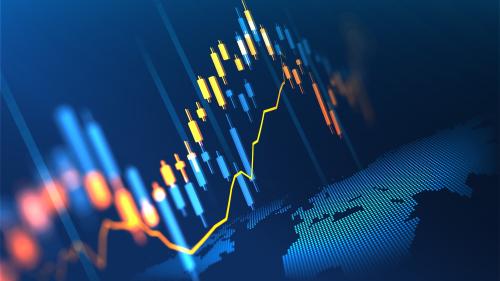
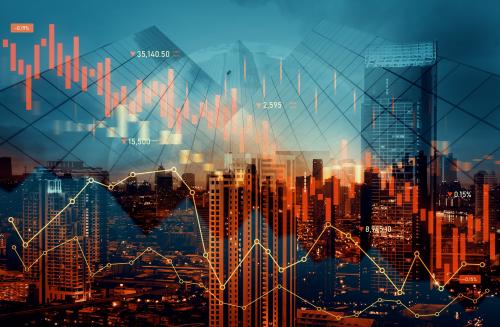

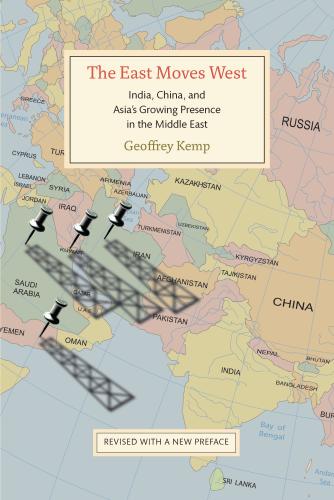
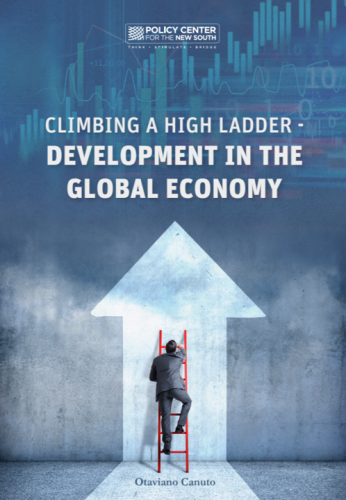
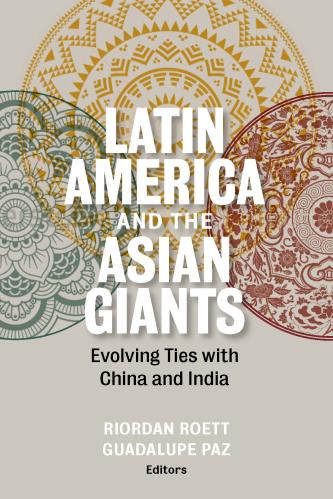
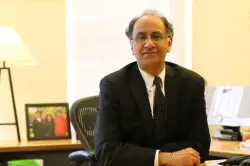



Commentary
The World in 2020, as forecast by The Economist
April 10, 2020